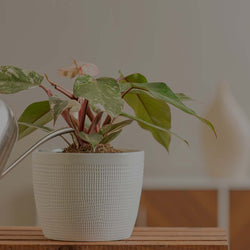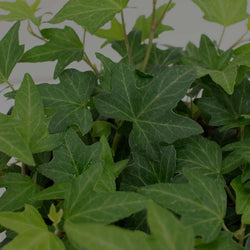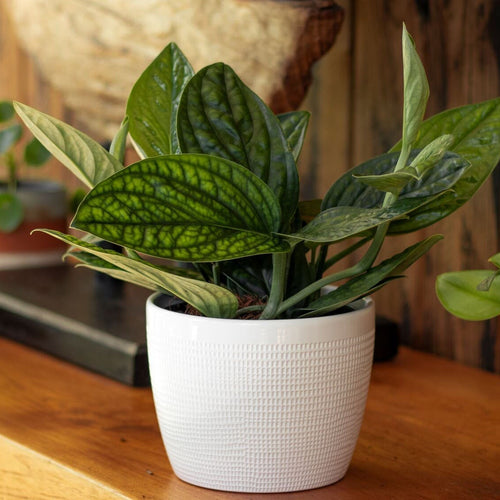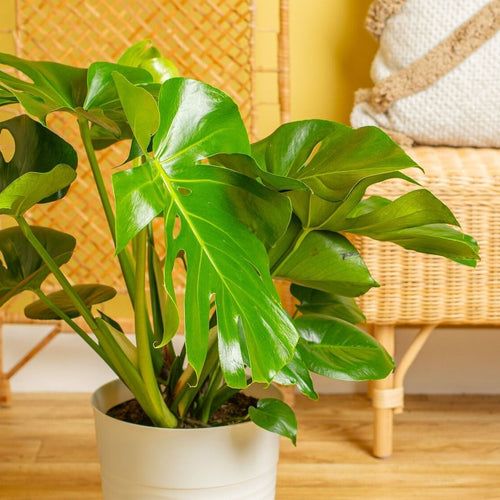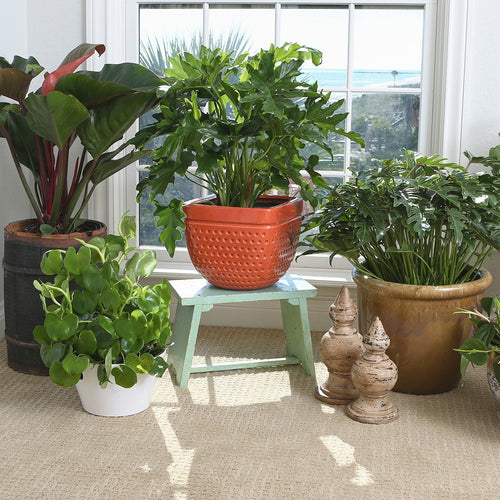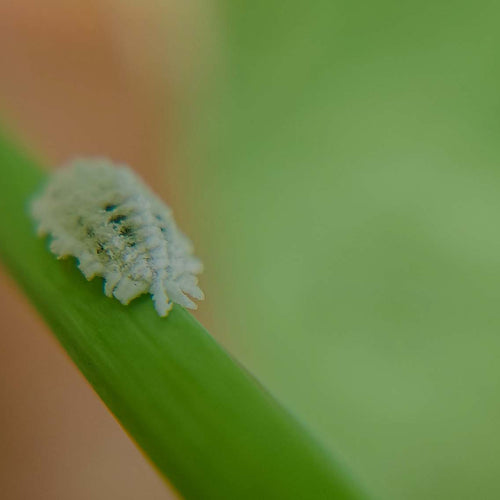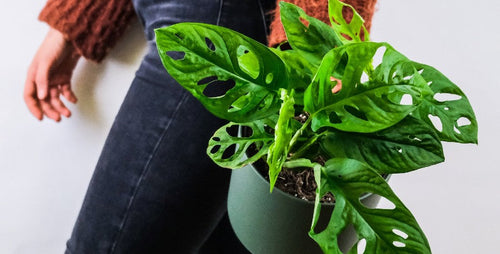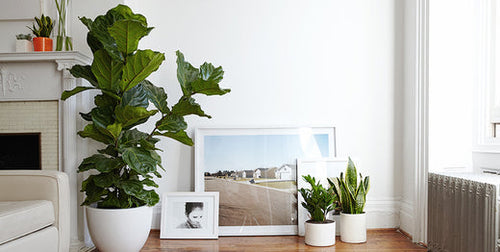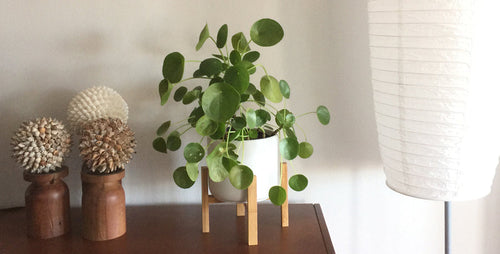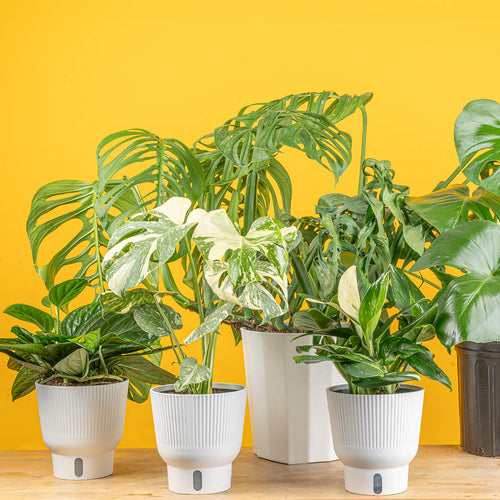Create a vertical lift for houseplants that love to climb. It’s what they do naturally. Here's how!

Start with houseplants that love to climb
Pothos offer heart-shape leaves that are all green or
splashed with showy accents of cream or white. This versatile houseplant can grow in hanging baskets or climb a
totem or trellis.
Many of the traditional Philodendron varieties are vines that happily grow on
a moss pole or up a trellis. Green heartleaf philodendron is a classic. For some other colorful twists, try ‘Golden Goddess,’ which offers
brilliant chartreuse foliage; plants can climb 6 feet or more. Or try P. brandtianum, an easy-growing vine that
sports rich green leaves marbled in silver.
And Monstera species such Monstera deliciosa can be trained to grow upward (instead of growing outward or trailing). Both Little Swiss monstera (Monstera adansonii) and Monstera sp. Peru are adorable growing up a moss post or onto a trellis, showing off its holey leaves.
Give them leg up
You can train vining plants to grow up, up, and away using several types of structures. Moss poles (also called totem
poles) are metal structures that are generally wrapped with coir or moss, providing a vertical surface on which
vining plants to scale upwards. Moss poles also provide water and nutrients to climbing plants. (When
watering climbing plants with moss poles, you also water the pole, which stays moist.)
You can insert a moss pole directly into your planting container, then use
pins, ties, or clips to help the stems begin to grow upwards. The aerial roots of some vining plants simply attach
themselves to the moss pole.

You can also insert
a trellis made from wood, wire, or (in the case of Shingle Plant) a
plank.
Climbing plants may also initially need some help getting started on the trellis. You can simply
drape the long tendrils onto a trellis rung. Or you may need to tie or clip stems to the trellis to help guide them
on their ascent upward.
Written by Karen Weir-Jimerson
